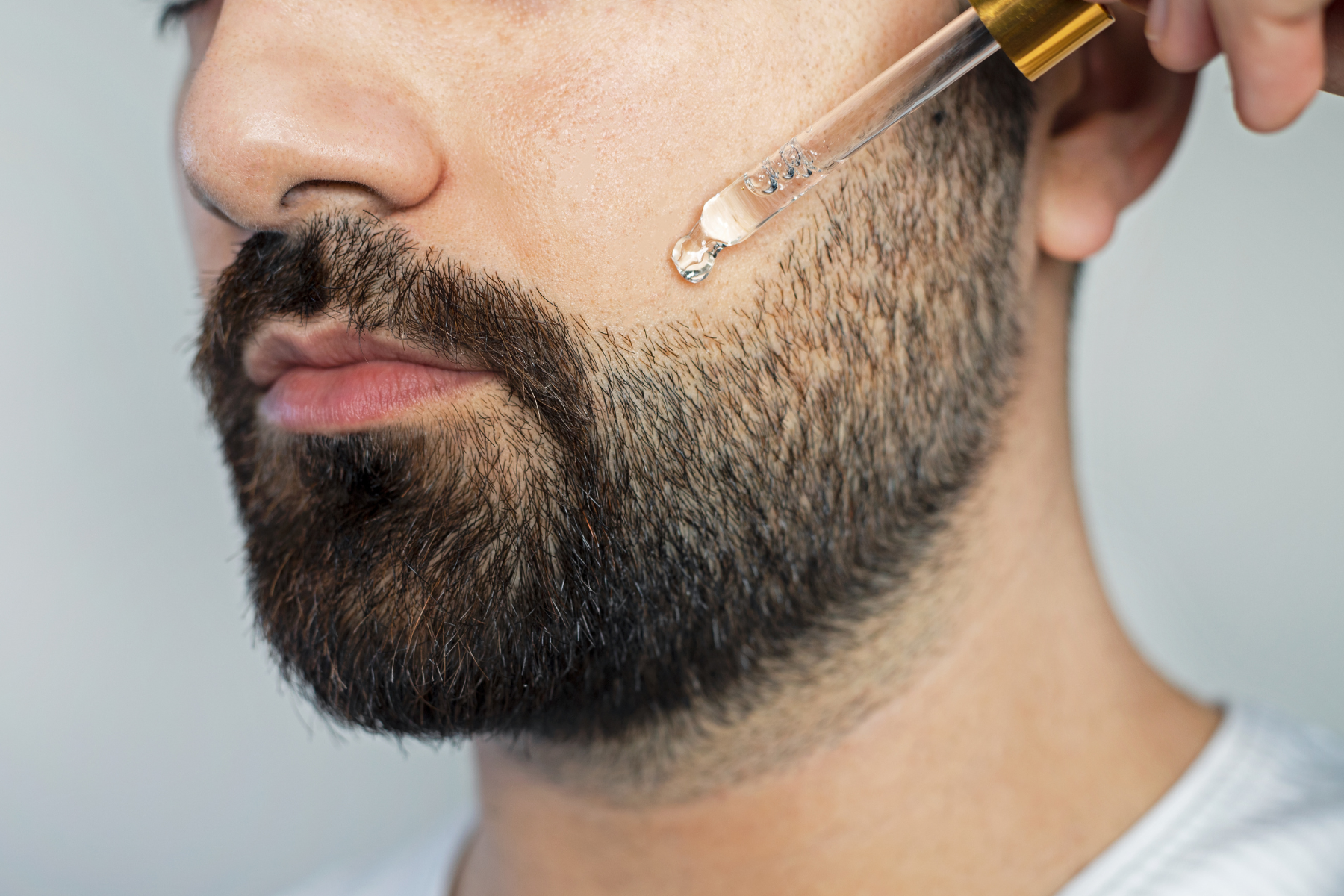In recent years, the popularity of beard oil has grown, becoming a staple in the grooming routines of many men worldwide. Walk down the grooming aisle of any store, and you're likely to find an array of oils promising to nourish, soften, and tame unruly facial hair. But with all the hype, a question lingers: Does beard oil actually work, or is it just another grooming gimmick? Let's delve into the science behind beard oil and explore its effectiveness.
Beard oil is typically a blend of carrier oils, such as jojoba oil, argan oil, coconut oil, ostrich oil, and essential oils for fragrance. These oils are rich in vitamins, antioxidants, and fatty acids, which are beneficial for both the skin and hair.
One of the primary benefits of beard oil is its moisturizing properties. The skin beneath your beard can often become dry and itchy, leading to irritation and discomfort. Beard oil helps to hydrate the skin, preventing dryness and alleviating itchiness. Just as the scalp benefits from regular conditioning, so too does facial hair. Beard oil helps to hydrate and nourish the hair, making it softer and more manageable. This can be especially beneficial for those with coarse or wiry beards, as it helps to tame unruly strands and reduce frizz.
Beardruff, or beard dandruff, is a common issue among men with facial hair. It occurs when the skin beneath the beard becomes dry and flaky, leading to unsightly flakes in the beard. Beard oil helps to prevent beardruff by moisturizing the skin and reducing flakiness.
While beard oil won't miraculously make your facial hair grow faster, it can promote healthier growth by providing the necessary nutrients to the hair follicles. By keeping the skin and hair follicles nourished and moisturized, beard oil creates an optimal environment for healthy growth.
Based on the science and anecdotal evidence, it's safe to say that beard oil does indeed work. Its moisturizing, nourishing, and softening properties can significantly improve the overall health and appearance of your beard.
However, it's essential to manage expectations. While beard oil can enhance the condition of your facial hair and skin, it's not a magical solution to all beard-related woes. Consistency is key—regular use of beard oil, along with proper grooming habits, will yield the best results.
Ultimately, whether or not beard oil is worth it comes down to personal preference. Some men may find that they can achieve similar results with other grooming products or natural remedies. Still, for many, beard oil remains a valuable tool in their grooming arsenal, helping them maintain a healthy and handsome beard.
So, the next time you're debating whether to invest in beard oil, consider its benefits and how it aligns with your grooming goals. Whether you're aiming for a soft, well-conditioned beard or simply seeking relief from beardruff and itchiness, beard oil may just be the solution you've been looking for.






